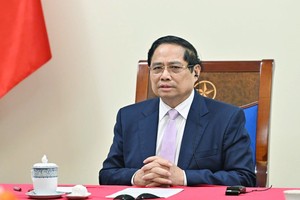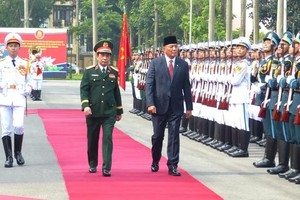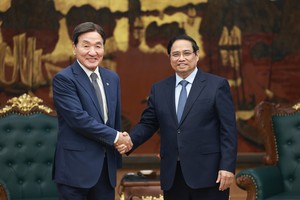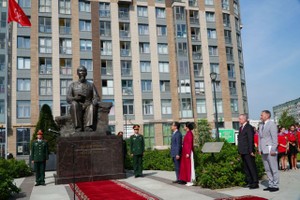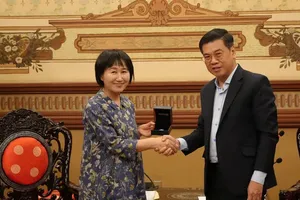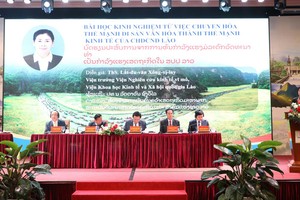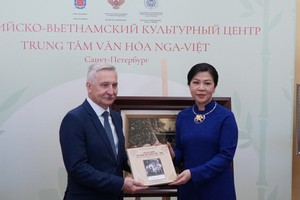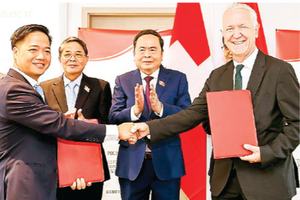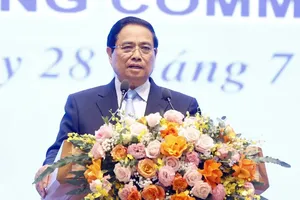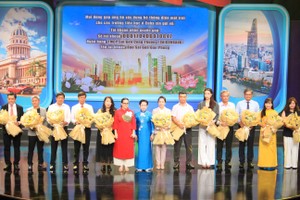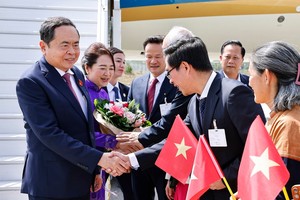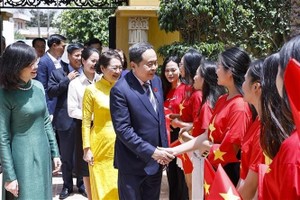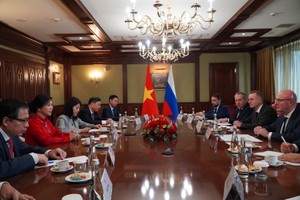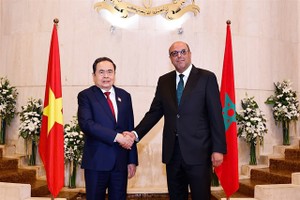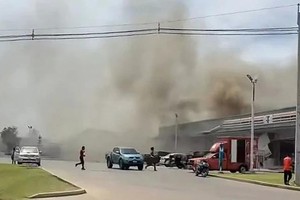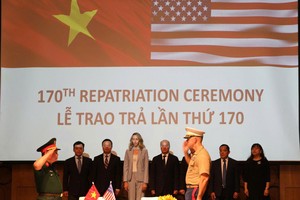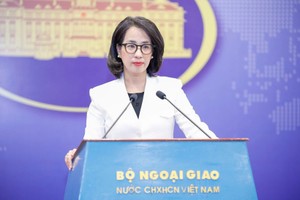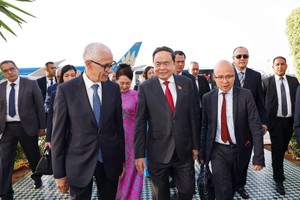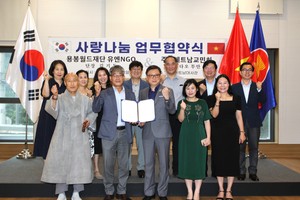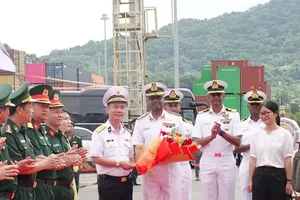HANOI, Oct 30, 2010 (AFP) - US Secretary of State Hillary Clinton on Saturday joined an Asia-Pacific summit where she weighed into the issue of maritime disputes, which have triggered a serious rift between China and Japan.
Hopes that Asia's big powers would begin to heal their two-month feud, centred on resource-rich East China Sea islands, dominated the talks in Vietnam's capital where the row erupted again on Friday.
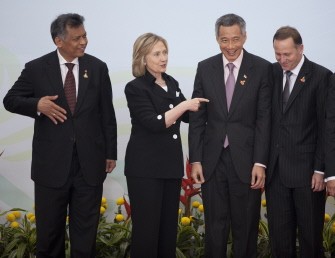
On a day of conflicting messages Japan initially said their foreign ministers had made a promising start with an agreement to improve ties, but China then angrily accused its rival of making false statements.
Hopes for a formal meeting between Japan's Prime Minister Naoto Kan and Chinese Premier Wen Jiabao evaporated, but the pair held brief discussions on the East Asia Summit sidelines Saturday, Japan said.
"They will continue making efforts on promoting a strategic, mutually beneficial relationship," Japan's deputy chief cabinet secretary Tetsuro Fukuyama told reporters.
"They also said that they will have an opportunity to talk longer in future," he said. "They shared an understanding that it was disappointing the bilateral summit did not take place this time."
Japan and China have been feuding since the September 8 arrest of a Chinese trawler captain after a collision with Japanese coastguard vessels near the disputed East China Sea island chain.
China had on Friday also hit out at Clinton's remarks this week that the islands, known as the Diaoyus in China and Senkakus in Japan, fall within the scope of the US-Japan security alliance.
"The Chinese government and people will never accept any word or deed that includes the Diaoyu Islands within the scope of the US-Japan Treaty of Mutual Cooperation and Security," Foreign Ministry spokesman Ma Zhaoxu said.
However, Clinton told the summit Saturday that maritime rows should be settled by international law, in defiance of China's call to handle them directly with its neighbours.
"The United States has a national interest in the freedom of navigation and unimpeded lawful commerce," she said, repeating a US stand in the presence of China's premier Wen.
"And when disputes arise over maritime territory, we are committed to resolving them peacefully based on customary international law."
But she also sounded a softer note, saying she was encouraged by China’s steps to enter into discussions with the Southeast Asian bloc about a legally enforceable code of conduct on South China Sea disputes where some have claims.
Clinton also said she had "assurances" from her Chinese counterpart Yang Jiechi on China's policy toward exports of rare earth minerals, which Beijing has been accused of restricting.
The East Asia Summit is a forum for dialogue on strategic, political and economic issues involving the 10-member Southeast Asian bloc as well as Australia, China, India, Japan, South Korea and New Zealand.
The meeting was also expected to tackle the issue of "currency wars" and the resulting heavy capital inflows that risk destabilising emerging Asian economies.
The Asian Development Bank chief warned in Hanoi on Saturday that emerging economies must carefully manage the inflow of hot money, and avoid remedies that could create further problems.
"Authorities are watching asset prices and exchange rates carefully, with several beginning to use well-targeted capital controls to limit speculation," said Haruhiko Kuroda.
"Care must be taken, however, not to create distortions."
The United States and Russia were to be formally invited to join the 16 members of the East Asia Summit at its annual gathering, in what analysts say is a blow to Chinese attempts to diminish US influence in the region.
US membership is seen as part of its strategic return to Southeast Asia to balance China's growing influence in the region, where Beijing's more aggressive stance in recent times has unnerved its smaller neighbours.
